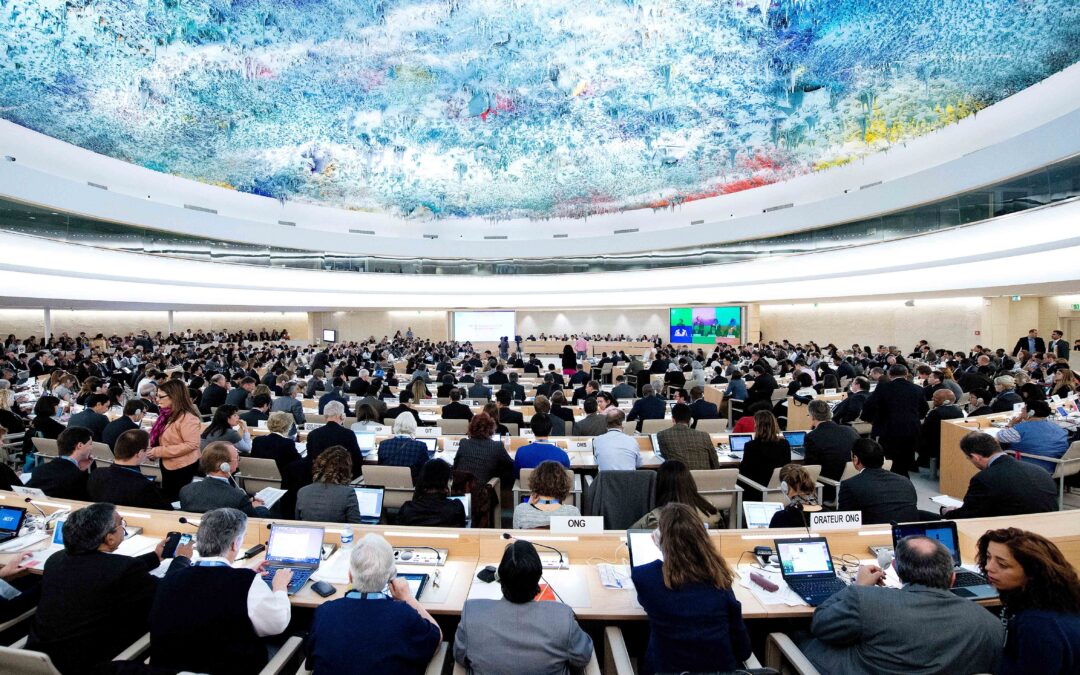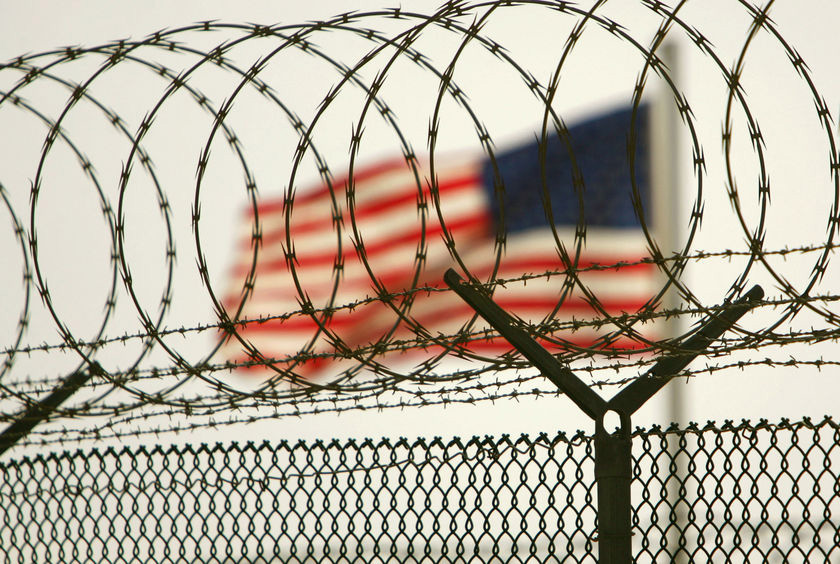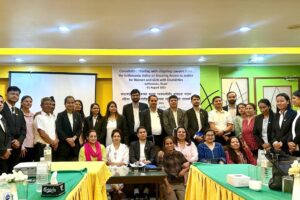
Mar 26, 2015 | News
The UN Human Rights Council today adopted a landmark resolution on “the right to privacy in the digital age” that will establish for the first time a UN Special Rapporteur on the Right to Privacy.The resolution faced some challenges during negotiations, but was adopted without a vote (i.e. by consensus).
The Rapporteur will be appointed later this year. The Council has invited him or her to include in initial reports to the Council and UN General Assembly, a focus on the challenges to the right of privacy arising from developments in digital and communications technology in “the digital age”. However, the mandate is able to deal with all aspects of the right to privacy.
The initiative has been strongly supported by civil society organisations including the ICJ, including in the form of a joint open letter, and a joint oral statement on behalf of some 92 NGOs from around the world.
The draft resolution, as adopted, may be downloaded here: HRC28-Privacy-DraftRes-2015

Mar 15, 2015
El 13 y 14 de marzo, en Lima y Ayacucho (Perú), la CIJ y el Equipo Peruano de Antropología Forense (EPAF) realizaron dos seminarios sobre los crímenes de desaparición forzada y de ejecución extrajudicial.
Con ocasión a estos Seminarios la CIJ hizo el lanzamiento de su nueva Guía para profesionales No. 9 Desaparición forzada y ejecución extrajudicial: Investigación y sanción.
Ambos Seminarios abordaron, desde la perspectiva del Derecho internacional y de experiencias comparadas, diferentes aspectos de la investigación y sanción de los crímenes de desaparición forzada y de ejecución extrajudicial, con especial énfasis en el papel de la antropología forenses y demás disciplinas científicas en la investigación de estos crímenes y en la búsqueda e identificación de las víctimas y localización y restitución de sus cuerpos.
En Lima, el Seminario contó con la participación de César Landa (Comisionado peruano de la CIJ), Wilder Tayler (Secretario General de la CIJ), Gisela Ortiz (Directora de operaciones del EPAF) Diana Ramírez (Instituto Nacional de Medicina Legal y Ciencias Forenses de Colombia), Oscar Loyola (EPAF), Gloria Cano (APRODEH), Carlos Rivera (Instituto de Defensa Legal), Ronald Gamarra (Abogado de la CIJ) y Federico Andreu (Representante para Suramérica de la CIJ). El Seminario de Ayacucho contó con la participación de José Pablo Baraybar (Director del EPAF), Gisela Ortiz, Diana Ramírez, José Suasnavar (Fundación de Antropología Forense de Guatemala), Ronald Gamarra y Federico Andreu.
A ambos eventos asistieron, entre otros, magistrados, jueces, fiscales, representantes del Instituto de Medicina Legal de Perú y de la Defensoría del Pueblo, miembros de las organizaciones no gubernamentales de derechos humanos y de asociaciones de víctimas, autoridades locales, representantes de la comunidad diplomática y periodistas.
Universal-Desaparición forzada y ejecución extrajudicial PG9-Publications-Practitioners’ guide series-2015-SPA (informe en Español)
Universal-Enforced Disappearance and Extrajudicial Execution PGNo9-Publications-Practitioners’ guide series-2015-ENG (full report in PDF, English)

Mar 13, 2015 | Advocacy, Non-legal submissions
The Colombian Commission of Jurists, an affiliate of the ICJ, today called for the UN Human Rights Council to uphold the use of civilian courts, rather than military tribunals, to try civilians and to adjudicate claims for human rights violations.
An oral statement to the UN Human Rights Council highlighted that:
- military tribunals should as a matter of principle have no jurisdiction to try civilians or to adjudicate claims of serious human rights violations;
- These matters should be the domain of civilian courts; and
- The jurisdiction of military tribunals should be restricted to specifically military offenses committed by military personnel.
The oral statement emphasised to the global reach of the issue, referring by way of example to the military commissions established by the United States of America at Guantánamo Bay, as well as recent negative developments in Colombia, Egypt, Thailand and Pakistan.
The statement noted that the Principles Governing the Administration of Justice Through Military Tribunals presented to the Commission on Human Rights by Emmanuel Decaux in 2006 (UN Doc E/CN.4/2006/58), are widely referenced, but have yet to receive full recognition by the Human Rights Council. The statement added its support to the calls by the Special Rapporteur on Independence of Judges and Lawyers, the Working Group on Arbitrary Detention, and others, for the Council to endorse and seek implementation of the Principles without further delay.
The statement responds to an expert consultation on the administration of justice through military tribunals convened by the Council (UN Doc A/HRC/28/32).
The full oral statement can be downloaded in pdf format here: Advocacy-HRC28-MilitaryCourts-OralStatement-2015
Said Benarbia, Director of ICJ’s Middle East North Africa Programme participated in the expert consultation.
His statement can be found here: MENA-Military Courts HRC28-Advocacy-2015-ENG (full text in PDF).
Thailand exercised its right of reply, which can be viewed in the UN webcast archive, here.

Mar 9, 2015 | Advocacy
The ICJ supported a statement commenting on the respective reports by the Independent Expert on the Environment and Human Rights and the Independent Expert on Foreign Debt and its impact on Human Rights.
In the context of the Interactive Dialogue with the Independent Experts in the 28th Session of the Human Rights Council, Franciscans International and the Center of Concern, with the support of the ICJ, noted that the reports address, from different perspectives, a wide range of connections between the private sector and governments that many times result in human rights abuses.
The report by the Independent Expert on human rights and the environment, presented an encouraging set of good practices to mitigate environmental damage and its human rights impact.
The report by the Independent Expert on Foreign Debt and its impact on human rights highlighted the links between private lending and the abuses committed by authoritarian regimes.
This report will be followed by another report on applicable legal standards and analysis of whether additional international standards are needed.
Universal-Statement on BHR at HRC28-Advocacy-2015-ENG (full text in PDF)

Jan 30, 2015 | E-bulletin on counter-terrorism & human rights, News
Read the 89th issue of ICJ’s monthly newsletter on proposed and actual changes in counter-terrorism laws, policies and practices and their impact on human rights at the national, regional and international levels. The E-Bulletin on Counter-Terrorism and Human...









